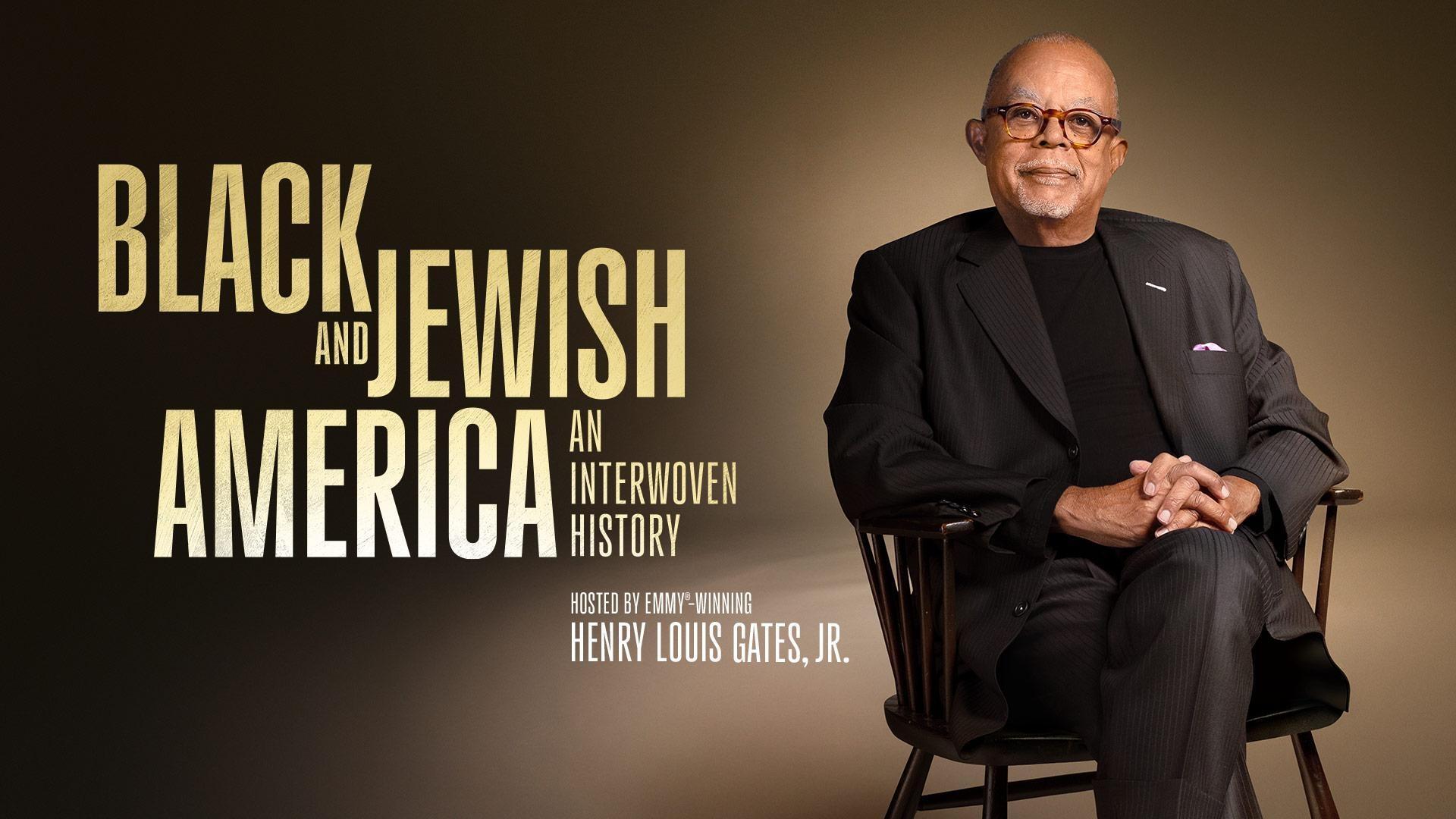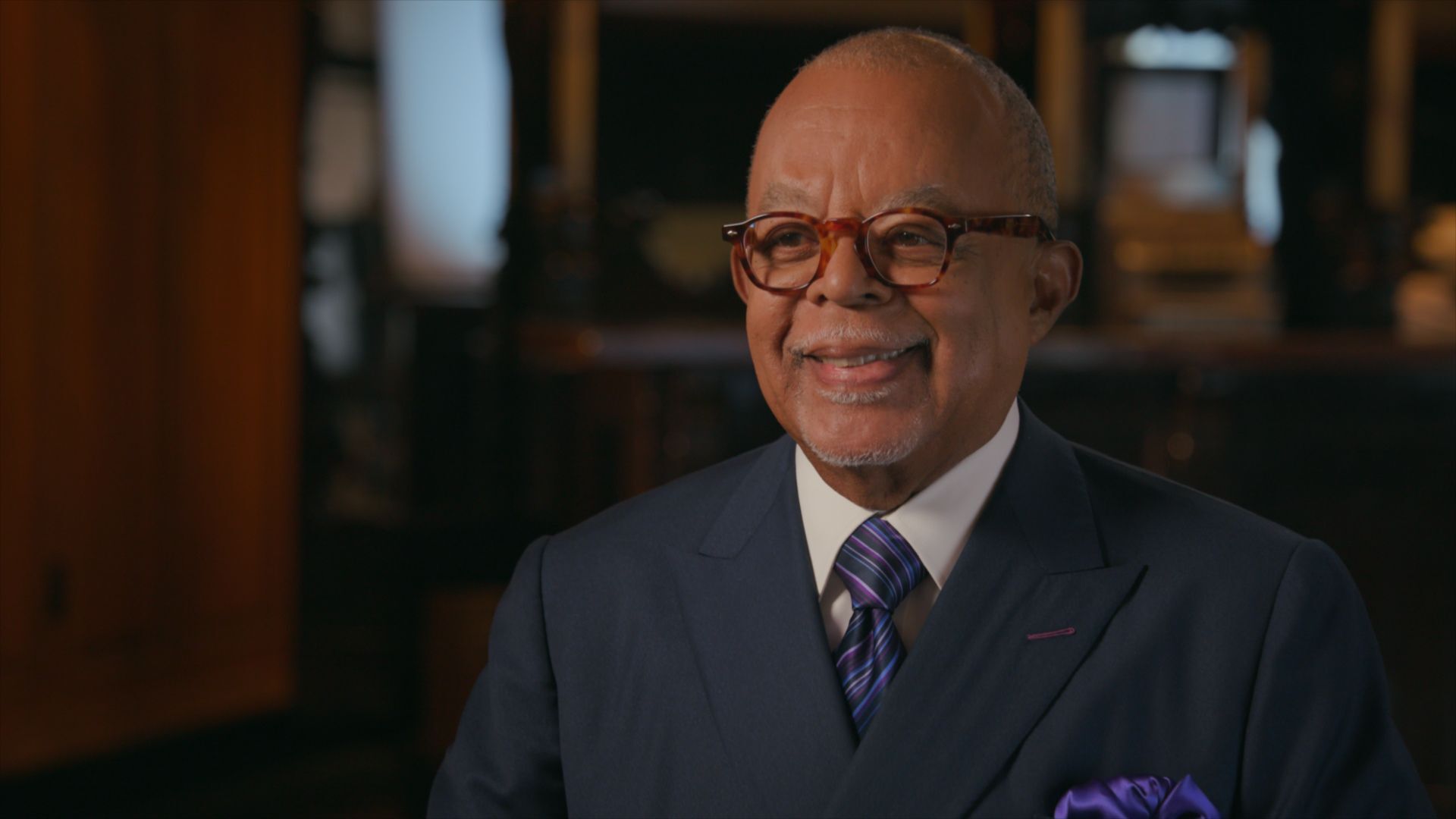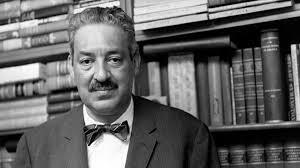13 Black Authors to Read
They are poets, playwrights, novelists and scholars, and together they helped capture the voice of a nation. They have fearlessly explored racism, abuse and violence as well as love, beauty and music. While their names and styles have changed over the years, they have been the voices of their generations and helped inspire the generations that followed them. What follows is a list of prominent Black authors who have left a mark on the literary world forever.
Who would make your list?
Maya Angelou
Acclaimed American poet, author and activist Maya Angelou was born in St. Louis, Missouri in 1928. Often referred to as a spokesman for African Americans and women through her many works, her gift of words connected all people who were “committed to raising the moral standards of living in the United States.” [1]
“I want to write so that the reader … can say, ‘You know, that’s the truth. I wasn’t there, and I wasn’t a six-foot black girl, but that’s the truth.’ ” [2]
Influenced by Black authors like Langston Hughes, W.E.B. Du Bois and Paul Lawrence Dunbar, her love of language developed at a young age. Her most famous work I Know Why the Caged Bird Sings was published in 1969 and became the first in seven autobiographies of Angelou’s life.
A prolific poet, her words often depict Black beauty, the strength of women and the human spirit, and the demand for social justice. Her first collection of poems Just Give Me a Cool Drink of Water ‘fore I Diiie was nominated for a Pulitzer Prize in 1972, the same year she became the first Black woman to have a screenplay produced. Writing for adults and children, Angelou was one of several African American women at the time who explored the Black female autobiographical tradition. Other female authors and contemporaries include Paule Marshall who published the novel Brown Girl, Brownstones and Illinois Poet Laureate Gwendolyn Brooks, many of whose poems lyricize the urban poor.
James Baldwin
Though he spent most of his life living abroad to escape the racial prejudice in the United States, James Baldwin is the quintessential American writer. Best known for his reflections on his experience as an openly gay Black man in white America, his novels, essays and poetry make him a social critic who shared the pain and struggle of Black Americans.
Born in Harlem in 1924, Baldwin caught the attention of fellow writer Richard Wright who helped him secure a grant in order to support himself as a writer. He left to live in Paris at age 24 and went on to write Go Tell it on the Mountain which was published in 1953, a novel unlike anything written to date. Speaking with passion and depth about the Black struggle in America, it has become an American classic. Baldwin would continue to write novels, poetry and essays with a refreshingly unique perspective for the rest of his life. In 1956, Giovanni’s Room raised the issues of race and homosexuality at a time when it was taboo. And during the Civil Rights Movement, he published three of his most important collections of essays, “Notes of a Native Son” (1955), “Nobody Knows My Name” (1961) and “The Fire Next Time” (1963).
James Baldwin provided inspiration for later generations of artists to speak out about the gay experience in Black America like Staceyann Chin and Nick Burd.
Amiri Baraka
Born in 1934, poet, writer and political activist Amiri Baraka used his writing as a weapon against racism and became one of the most widely published African American writers. Known for his social criticism and incendiary style, Baraka explored the anger of Black Americans and advocated scientific socialism. Often confrontational and designed to awaken audiences to the political needs of Black Americans, Baraka was a prominent voice in American literature.
Inciting controversy throughout his career, he was accused of fostering hate while at the same time being lauded for speaking out against oppression. Often focusing on Black Liberation and White Racism, he spent most of his life fighting for the rights of African Americans. With a writing career that spanned nearly fifty years, Baraka is respected as one of the leading revolutionary cultural and political leaders, especially in his hometown of Newark, NJ. His representations of race and wisdom have made him an influential part of the Black Arts Movement along with Nikki Giovanni, Sonia Sanchez and Maya Angelou. Together they have gone on to inspire younger generations like Terrence Hayes.
Octavia Butler
In a genre known for being traditionally white and male, Octavia Butler broke new ground in science fiction as an African American woman. Born in California in 1947, Butler was an avid reader despite having dyslexia, was a storyteller by 4, and began writing at the age of 10. Drawn to science fiction because of its boundless possibilities for imagination, she was quickly frustrated by the lack of people she could identify with so she decided to create her own.
Butler took the science fiction world by storm. Her evocative novels featuring race, sex, power and humanity were highly praised and attracted audience beyond their genre. They would eventually be translated into multiple languages and sell more than a million copies. One of her best-known novels Kindred, published in 1979, tells the story of a Black woman who must travel back in time in order to save her own life by saving a white, slaveholding ancestor. Over her career, she won two Hugo Awards, two Nebula Awards and in 1995 she became the first science fiction writer to win the MacArthur fellowship. The self-described “outsider’s” legacy inspired future generations of women including Valjeanne Jeffers, Nnedi Okorafor and even singer/songwriter Janelle Monáe.
W.E.B. Du Bois
As an activist, Pan-Africanist, sociologist, educator, historian and prolific writer, W.E.B. Du Bois was one of the most influential African American thought leaders of the 20th century. Growing up in Massachusetts as part of the Black elite, it wasn’t until attending Fisk University in Tennessee that issues of racial prejudice came to his attention. He studied Black America and wrote some of the earliest scientific studies on Black communities, calling for an end to racism. His thesis, The Suppression of the African Slave-Trade to the United States of America, 1638-1870 remains an authoritative work on the subject.
The horrific lynching of Sam Hose in 1899 prompted Du Bois to begin writing The Souls of Black Folk. Calling for organized action and an end to segregation, Jim Crow laws, and political disenfranchisement in America, the prophetic work was not well received at the time of its publication. Du Bois eventually went on to help to establish the NAACP where he became editor of its newspaper the Crisis, and a well-known spokesman for the cause. Many of his essays from Crisis were published in book form under the title The Emerging Thought of W. E. B. Du Bois: Essays and Editorials from "The Crisis."
In addition to The Souls of Black Folk and the articles and editorials for the Crisis, Du Bois wrote several books. While these attracted less attention than his scholarly works, the also focused on the Black race covering the topics of miscegenation and economic disparities in the South. Most respected for his scholarly writing, Du Bois’ concepts such as the psychology of colonization explored by Frantz Fanon continued being researched years later.
Ralph Ellison
Born Ralph Waldo Ellison after the famous journalist and poet Ralph Waldo Emerson, Ellison was known for pursuing universal truths through his writing. A literary critic, writer, and scholar, Ellison taught at a variety of colleges and spent two years overseas as a Fellow of the American Academy. In an effort to transcend the starkly defined racial categories of the 1950s, he was sometimes criticized for choosing white society over his African American identity. Identifying as an artist first, Ellison rejected the notion that one should stand for a particular ideology, refuting both Black and white stereotypes in his collection of political, social and critical essays titled Shadow and Act.
However, it was Ellison’s first novel that established his place as an important literary figure in America. Published in 1952, the first lines of Invisible Man struck a chord with hundreds of thousands of readers, “I am an invisible man. No, I am not a spook like those who haunted Edgar Allan Poe; nor am I one of your Hollywood-movie ectoplasms. I am a man of substance, of flesh and bone, fiber and liquids – and I might even be said to possess a mind. I am invisible, understand, simply because people refuse to see me . . ." Considered one of the most important works of fiction in the 20th century, Ellison was heavily influenced by Zora Neale Hurston and is often cited as an influence with many writers such as ZZ Packer and Toni Morrison.
Alex Haley
Alex Haley’s writing on the struggle of African Americans inspired nationwide interest in genealogy and popularized Black history. Best known for The Autobiography of Malcolm X and the novel Roots, Haley began his writing career freelancing and struggled to make ends meet. Eating canned sardines for weeks at a time, his big break came when Playboy magazine assigned him to interview Miles Davis. Proving to be such a success, the magazine contracted Haley to do a series of interviews with prominent African Americans. Known as “The Playboy Interviews,” Haley would eventually meet Malcolm X and ask permission to write his biography. The Autobiography of Malcolm X would soon become an international bestseller and Haley became a literary success.
Embarking on a new ambitious project, Haley was determined to trace his ancestor’s journey from Africa to America as slaves, and tell the story of their rise to freedom. After a decade of research and travel to West Africa, the epic novel Roots: The Saga of an American Family was published in 1976. The book was a national sensation and won the Pulitzer Prize, eventually becoming a television miniseries that would shatter television viewing records when 130 million viewers tuned in. If you enjoy reading Alex Haley, consider reading Jesmyn Ward and Ta-Nehisi Coates.
More from Black Culture Connection



Langston Hughes
A primary contributor of the Harlem Renaissance, Langston Hughes was one of the first to use jazz rhythms in his works, becoming an early innovator of the literary art form jazz poetry. While many American poets during the 1920s were writing esoteric poetry to a dwindling audience, Hughes addressed people using language, themes, attitudes and ideas that they could relate to.
Influenced by Paul Lawrence Dunbar, Carl Sandburg and Walt Whitman, his poetry caught the attention of novelist, critic and prolific photographer Carl Van Vechten. With Van Vechten’s help, his first collection of poetry was published in 1926. Establishing Hughes’s poetic style and commitment to Black themes and heritage, The Weary Blues had popular appeal. When his first novel Not Without Laughter was published in 1930, it won the Harmon gold medal for literature.
A prolific writer known for his colorful portrayals of Black life from the 1920s-1960s, Hughes wrote plays, short stories, poetry, several books, and contributed the lyrics to a Broadway musical. In addition to his extensive body of work, he inspired other artists and highlighted the power of art as a catalyst for change. Seen as a voice for their own experience, writers during the Harlem Renaissance often dedicated their work to Hughes. The play A Raisin in the Sun by playwright Lorraine Hansberry was named for a line from a Langston Hughes poem.
Zora Neale Hurston
In 1925 as the Harlem Renaissance gained momentum, Zora Neale Hurston headed to New York City. By the time of its height in the 1930s, Hurston was a preeminent Black female writer in the United States. It’s said that her apartment was a popular spot for social gatherings with the well-known artists of the time like Countee Cullen and Langston Hughes.
Of Hurston’s more than 50 published novels, short stories, plays and essays, she wrote her most famous work Their Eyes Were Watching God in 1937. Unlike the style of contemporaries Richard Wright and Ralph Ellison, Hurston did not write explicitly about Black people in the context of white America. She focused on the culture and traditions of African Americans through the poetry of their speech.
Despite her earlier literary success, Hurston would suffer later in her career. Having difficulty getting published, she died poor and alone. Years later, Alice Walker would help revive interest in Hurston’s work with her essay, “In Search of Zora Neale Hurston," published in Ms. magazine in 1975. This essay, alongside her edits of notable works like “I Love Myself When I am Laughing and Then Again When I am Looking Mean and Impressive,” brought Hurston to the attention of a new generation of readers.
Richard Wright
Born in Mississippi in 1908, Richard Wright is best known for his novels Native Son and Black Boy, that mirrored his own struggle with poverty and coming of age journey. A staunch critic of his literary contemporary Zora Neale Hurston, Wright’s work was overtly political, focusing on the struggle of Blacks in America for equality and economic advancement.
Wright’s dreams of becoming a writer took off when he gained employment through the Federal Writers Project and received critical attention for a collection of short stories called Uncle Tom’s Children. The fame that came with the 1940 publication of Native Son (not to be confused with James Baldwin’s titular essay: “Notes of a Native Son,” which criticized Wright’s work) made him a household name. It became the first book by an African American writer to be selected by the Book-of-the-Month Club.
His novel Black Boy was a personal account of growing up in the South and eventual move to Chicago where he became a writer and joined the Communist Party. While the book was a great success, Wright had become disillusioned with white America and the Communist Party, and moved to Paris. He spent the rest of his life living as an expatriate and he continued to write novels.
Toni Morrison
Nobel Prize- and Pulitzer Prize-winning novelist Toni Morrison (1931 - 2019) is considered the voice of African American women. Growing up in an integrated neighborhood, Morrison was not fully aware of racial divisions until her teenage years. Dedicated to her studies, she went on to earn her master’s degree before moving to Howard University to teach. It was in the 1960s when Morrison became an editor at Random House that she began to write.
While she had published The Bluest Eye in 1970 and Sula in 1973, The Song of Solomon was the book that set her on the course of literary success. It became the first work by an African American author since Native Son by Richard Wright to be a featured selection in the Book-of-the-Month Club. The publication of Beloved in 1987 is considered to be her greatest masterpiece and won several awards, including the Pulitzer Prize for Fiction. Young authors Danielle Evans and Branden Jacobs-Jenkins cite Toni Morrison as one of their influences.
bell hooks
Activist and writer bell hooks (1952—2021) was surrounded by poetry and the written word from a young age. It was no surprise that she became one of the most influential writers of the 20th century. She published over 30 books in her lifetime: from poetry collections to children's books to her popular 1981 thesis: "Ain’t I a Woman: Black Women and Feminism."
In this documentary from KET: explore the life and legacy of Kentucky-born author bell hooks, who wrote nearly 40 books and whose work at the intersection of race, class and gender serves as a lasting contribution to the feminist movement. Learn how bell’s childhood in Hopkinsville and her connection to Kentucky’s “hillbilly culture” informed her views and her belief that feminism is for everybody.
Lorraine Hansberry
Lorraine Hansberry (1930-1965) was born and raised in Chicago, Illinois. Her family faced housing segregation and racial discrimination, inspiring Hansberry's lifelong commitment to activism.
She published an array of short stories, essays, poetry, and plays. Hansberry's trailblazing play "A Raisin in the Sun" broke barriers on Broadway when it premiered in March 1959 at the Ethel Barrymore Theater. It was the first time a play by a Black writer had been staged on New York's famed Broadway.

The best of PBS, straight to your inbox.
Be the first to know about what to watch, exclusive previews, and updates from PBS.
Support your local PBS station in our mission to inspire, enrich, and educate.
